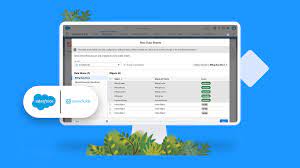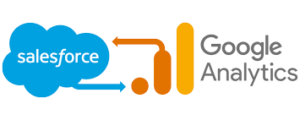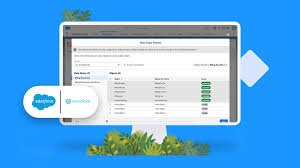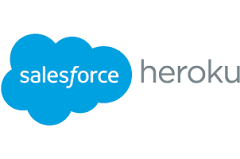Is Snowflake recognized as a data cloud? Certainly, Snowflake stands as an encompassing platform integral to the Data Cloud. Uniquely designed for global connectivity, it empowers businesses to navigate diverse data types and scales, accommodating various workloads and fostering seamless data collaboration. Globally, over 400 million SaaS data sets often remain isolated in cloud storage and on-premise data centers, creating data silos.
The Data Cloud, driven by Snowflake, eradicates these silos, facilitating the effortless consolidation, analysis, sharing, and monetization of data. Is Snowflake categorized as a database or cloud? Snowflake exclusively operates on cloud infrastructure. With all components residing in public cloud infrastructures (excluding optional command line clients, drivers, and connectors), Snowflake utilizes virtual compute instances for computing needs and a storage service for persistent data storage.
What characterizes a data cloud? A data cloud serves as a unified platform for structured, unstructured, or semi-structured data, simplifying data discovery and reducing complexity. It should be capable of collecting, ingesting, and processing data from various on-premises or cloud-based source systems, consolidating it into a single accessible location.
Snowflake’s Data Cloud facilitates organizations in effortlessly unifying and connecting to a single copy of all their data. This results in an ecosystem where businesses connect not only to their individual data but also to each other, seamlessly sharing and consuming data and data services.
How does Snowflake’s Data Cloud handle different workloads? Snowflake’s Data Cloud efficiently powers diverse data workloads, including Data Warehousing, Data Lake, Data Engineering, AI and ML, Applications, and Cybersecurity. It operates seamlessly across multiple cloud providers and regions, catering to organizational needs from any location within the organization.
What storage type does Snowflake employ? Snowflake utilizes scalable Cloud blob storage for its storage layer, accommodating data, tables, and query results. This storage is designed to scale independently from compute resources, allowing customers to adjust storage and analytics requirements independently.
Is Snowflake considered a data warehouse or ETL? Snowflake’s capabilities in data loading, transformation, and storage eliminate the need for additional ETL tools, providing an end-to-end solution. Renowned worldwide, many organizations have adopted Snowflake as their primary Data Warehousing solution due to its distinctive features, scalability, and security. Where is Snowflake’s data stored? Snowflake’s database storage layer resides in a scalable cloud storage service, such as Amazon S3, ensuring data replication, scaling, and availability without requiring customer management. The data is optimized and stored in a columnar format within the storage layer, following user-specified database organization.
How does Snowflake’s architecture benefit organizations? Snowflake’s architecture offers near-unlimited storage and real-time computing to an extensive number of concurrent users within the Data Cloud. It enables organizations to execute critical workloads on a fully managed platform, leveraging the cloud’s near-infinite resources.
What are the advantages of Snowflake’s single platform? Snowflake’s single platform delivers optimal workload performance, full automation, secure global collaboration, Snowflake capabilities for non-SQL code processing, and optimized storage. It encompasses features such as Elastic Multi-Cluster Compute, Cloud Services, and Snowgrid, providing businesses with a comprehensive and fully managed solution.
Why opt for Snowflake over competitors? Snowflake’s main advantage lies in its multi-cloud capability, available on major platforms like Azure, AWS, and GCP. This flexibility benefits companies operating in multi-cloud environments, enabling them to query Snowflake data directly from any of these platforms.
About Snowflake Inc. Snowflake Inc., an American cloud computing-based data cloud company located in Bozeman, Montana, was founded in July 2012 and publicly launched in October 2014. Operating as a data-as-a-service provider, Snowflake offers cloud-based data storage and analytics services.









